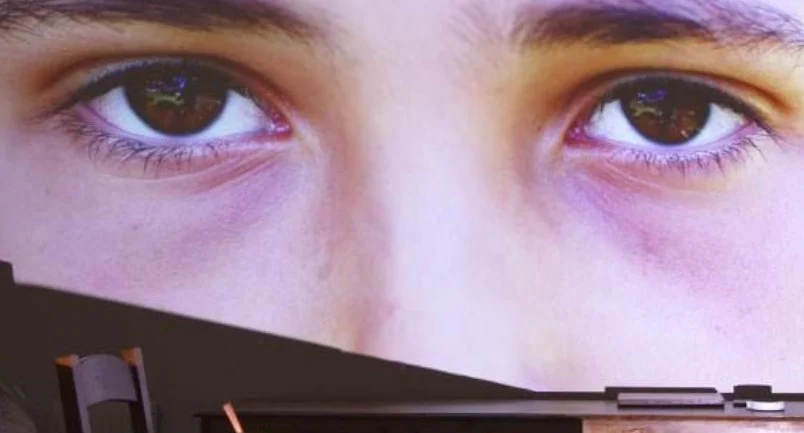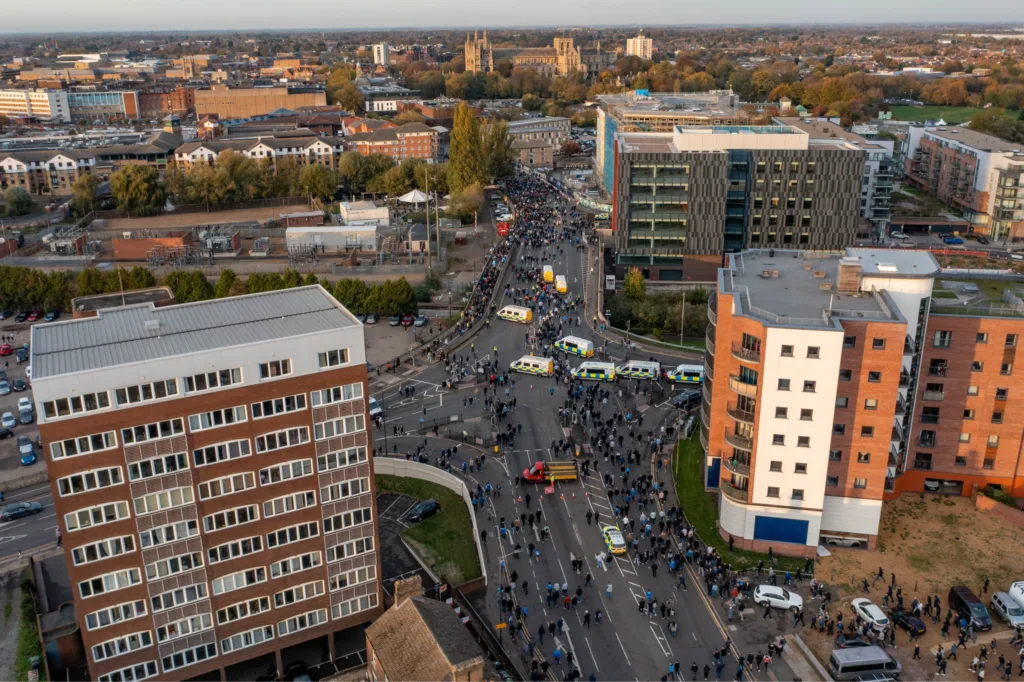A Cambridgeshire-based charity is looking for local people with “good hearts and analytical minds” to join a specialised team hunting down and tackling child sexual abuse material on the internet.
The Internet Watch Foundation (IWF) in Histon, Cambridge, is looking for two new Internet Content Analysts to join its team.
Analysts have the challenging task of searching for, assessing, and helping remove child sexual abuse content from the internet.
The charity is expanding its Hotline, where analysts receive and assess reports from members of the public who accidentally find images of abuse online, as well as proactively searching for the criminal content themselves.
Aware that working for the IWF could seem like a daunting task, the charity has now released a podcast interview with current analysts to try and help dispel some preconceptions that people might have and encourage them to apply for the new roles.
“We know that this job is not for everyone, but we also know that there are people with the right capabilities and emotional resilience who could take on one of these positions but are perhaps uncertain that they can do it,” said IWF Hotline Director Chris Hughes.

“By posting this podcast, in which listeners can hear from the analysts themselves about what the job entails, how the recruitment process works and what it is like to work at the IWF, we hope to give people the knowledge they need to decide if they want to take the next step and apply.”
Last year, the Hotline identified more than 250,000 websites containing child sexual abuse material online and took action to get them blocked, disrupted, and removed from the internet.
Despite the difficult nature of their work, Hotline analysts say that knowing they can make a real difference to children worldwide by removing the content from the internet helps them to do their job.
The podcast about the role can be found here: https://www.iwf.org.uk/about-us/why-we-exist/our-podcast/in-conversation-with-podcast9/
In the podcast, IWF Hotline Analyst Peter describes how there is no perfect type of person for the role: “We have people from all walks of life on our team, from grandmothers to former police and ex-teachers, but there is no career background that would really prepare you for the role that we do here.
“I would advise anyone who thinks they could do this role… to just go for it. Because until you apply and go for the interview, it is difficult to know if you can do it before you turn up.”
Successful applicants for the role would go through a three-stage interview process over a couple of days, the final stage being when people are shown different types of graphic images, ranging in severity, that they might see daily in the Hotline.
Another analyston the podcast, Mabel, who has been with the charity for more than a year, remembers how she felt apprehensive before this stage.
“I knew I was about to see the sort of images that I would hope to never see in my entire life… but you [applicants] are guided through the viewing stage by a member of staff, who talks about each image before you see it and you are able to go at your own pace,” she says.
“Afterwards, you get to go home and think about it for a couple of days and process what you have seen.”
By doing it this way, the charity gives potential candidates the time to judge whether they want to continue the application process and the opportunity to work for the IWF.
If they decide to go ahead, there is a careful induction process for new analysts and regular in-built support to help analysts to be able to do their job.
Mabel says there are two essential things that a candidate will need to bring to the table: “We are looking for someone who has a good heart and an analytical mind. Those two attributes will get you a long way.”
To find out more about the role, and listen to the podcast, visit www.iwf.org.uk/careers. Applications close on Friday, November 11, 2022.




















